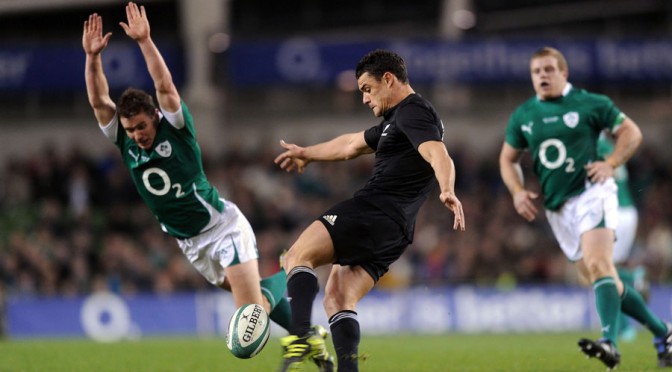Every morning at work we have a stand-up meeting when our group talk about what we did yesterday and how that went, what we’ll focus on today and what we can prepare for tomorrow. The reason for this is so that the entire group can see what’s going on, who’s doing what and that all important tasks are taken care of. It’s also a lot about learning. Why did it go well yesterday? What did I do that made that success possible or what was the main reason to my failure in completing the tasks I had focus on?
In a very structured meeting like this, where everyone answers the same questions with a specific purpose, it’s easy to find the right questions to ask yourself and eachother. But what about outside a meeting like that? What triggers those questions? Those you actually learn from?
Challenging the status quo
One of the most important things for learning to take place is to challenge the status quo, to be able to see a different reality as possible, and therefor asking the questions associated with that reality:
- What if…? – to find alternatives to the current situation
- What would it look like if…? – to see what a different situation would look like if one of the alternatives were true
- What would it take to…? – to focus on requirements for something to happen
- Why is it that…? – to create understanding and/or find root causes
When a different situation can be visualized or imagined, and also described with
- root causes to the current situation
- the alternative or different situation/solution
- the effect it could have
- requirements or a plan to make it come true
then it is much easier to learn from a situation and turn that knowledge into action and actually change the situation – if that is what you want.
This is an important part of coaching in both business and sports. For instance in the coaching model GROW.
So asking the right questions at the right time is key to any kind of learning which is required for any kind of structured change.
So how can you challenge the status quo?
By being convinced that there’s always a better way to do what you do and there is always more to learn, you can start asking yourself “What about this situation is currently unknown to me?” “What can I learn from this?” “What would a different angle on this situation be?” “How can this situation be better?” “What does great look like in this situation?”
Questions like that are the golden questions, those you can learn from and challenge the status quo, the foundation of knowledge, change and improvement.
Finding triggers to golden questions
So do I ask myself these questions constantly? All the time? Isn’t that very time-consuming?
Well, yes, it could be. But it also makes changing things quicker and easier. So you have to find the right balance between challenging/questioning and actually performing work/change.
But certain situations are triggers of such questions, like
- if you meet someone with a different opinion or angle of what you do
- Or if you come in contact with metrics on what you do or the effect it has
- Or if you see your contribution to the value chain in a bigger picture, for instance in a company-wide meeting with different divisions
- Or, like in sports, how offence and defence in a team are interacting and working (hopefully) together towards a common goal.
Cherish those situations and expose yourself to them as much as possible to learn more about you and your situation. Then apply the questions, and the answers to those will provide you with the knowledge you need to act, comfortable with the fact that you’re doing the right thing.
This is of course not always as easy as it sounds. It’s a matter of practice to get better at this process – finding situations, asking questions, turning answers into knowledge into action and steering and following up those actions to create change, reaching goals and learning from the entire process.
This continuous practice is called a lot of different things depending on their angle – continual improvements, Lean, Six sigma and so on, but whatever flavour you choose, the fundamental base of getting better at what you do is the same. No matter if it’s in business or in sports.
So go find situations and people who trigger your golden questions. Happy hunting!

